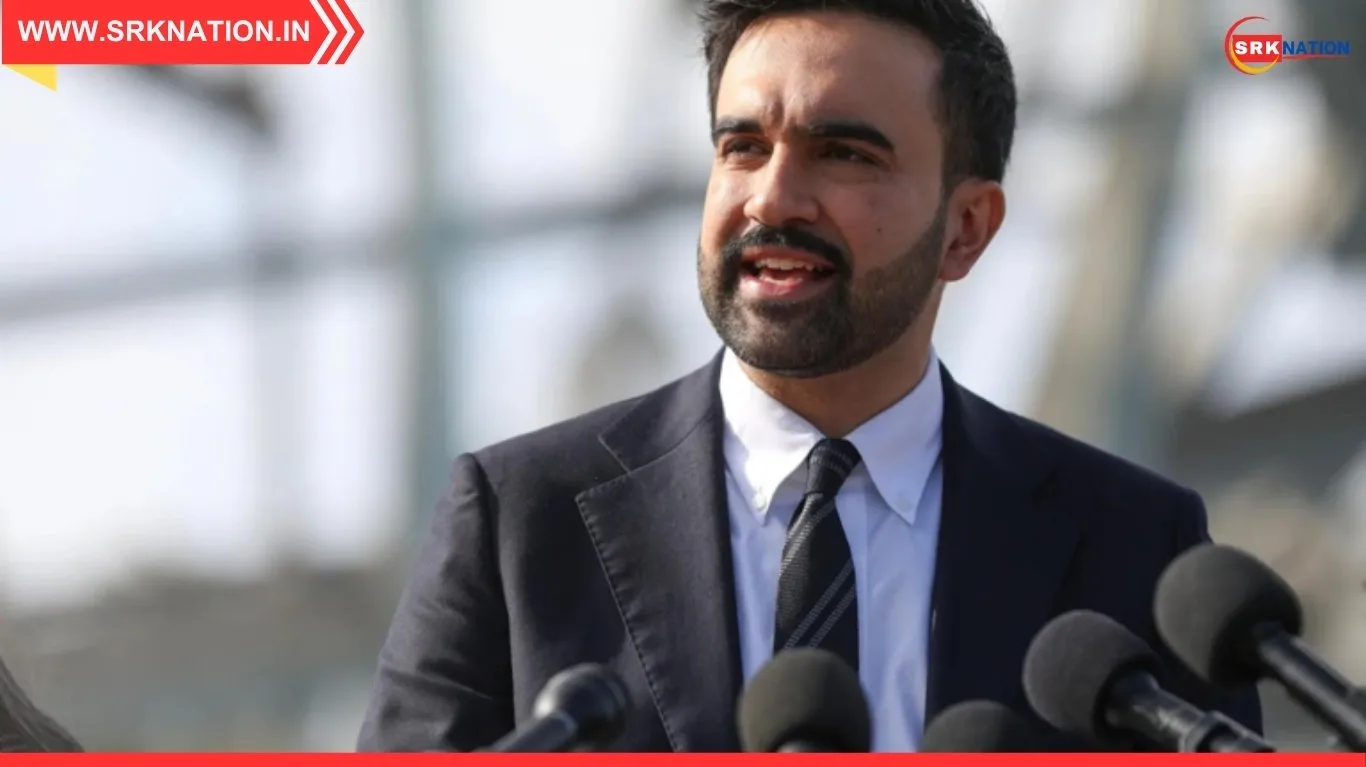In a politically charged move following the New York City mayoral election, Republican lawmakers have called for the revocation of Mayor-elect Zohran Mamdani’s U.S. citizenship, demanding his deportation to Uganda. The 34-year-old politician, born in Kampala and naturalized in 2018, defeated former Governor Andrew Cuomo by nearly 10 percentage points, becoming the city’s first Muslim and first South Asian mayor-elect. His victory has triggered backlash from conservative circles, with accusations ranging from alleged communist sympathies to ties with “terrorist ideologies.”
The rhetoric escalated when a Republican senator reportedly said, “Put him on the first flight back to Uganda,” sparking national debate over the legality and ethics of denaturalization. Immigration experts and constitutional scholars have since clarified that revoking citizenship is legally possible only under extremely narrow conditions, and political disagreement is not one of them.
🧠 Key Legal Facts About U.S. Citizenship Revocation
| Legal Basis for Revocation | Description |
|---|---|
| Fraud in Naturalization | Citizenship can be revoked if obtained through material misrepresentation |
| Criminal Convictions | Only if linked to fraud during the naturalization process |
| Voluntary Renunciation | Citizens may choose to give up citizenship, not be forced |
| Treason or Rebellion | Rare cases may lead to loss of citizenship, but require judicial process |
| Political Beliefs | Not grounds for revocation under U.S. law |
Experts emphasize that denaturalization requires clear and convincing evidence presented in federal court.
📊 Timeline of Mamdani’s Citizenship and Political Rise
| Year | Milestone Description |
|---|---|
| 2018 | Naturalized as U.S. citizen |
| 2020 | Elected to New York State Assembly |
| 2023 | Introduced housing and police reform bills |
| 2025 | Wins NYC mayoral race |
| 2025 | Faces GOP-led denaturalization threats |
Despite political opposition, no legal case has been filed against Mamdani as of November 10, 2025.
🗣️ Reactions from Legal Experts and Civil Rights Groups
| Stakeholder | Commentary Summary |
|---|---|
| Immigration Attorneys | “No evidence of fraud exists. This is political theater.” |
| ACLU | “Targeting Mamdani undermines democratic values.” |
| Constitutional Scholars | “Citizenship is not conditional on ideology.” |
| Mamdani’s Office | “Focused on transition and serving New Yorkers.” |
The legal community has largely dismissed the GOP push as baseless and inflammatory.
📈 Denaturalization Cases in U.S. History
| Case Name | Year | Reason for Revocation | Outcome |
|---|---|---|---|
| Nazi Collaborators | 1980s | War crimes, fraud | Citizenship revoked |
| John Demjanjuk | 2002 | Misrepresentation in application | Revoked |
| Naturalization Fraud | Ongoing | False identity, criminal record | Case-by-case basis |
| Political Figures | Never | No precedent for ideology-based revocation | Not applicable |
There is no known precedent for revoking citizenship based on political office or beliefs.
📌 Political Implications of the Mamdani Controversy
| Area | Impact |
|---|---|
| Federal-State Relations | Tensions over federal funding threats |
| Immigration Policy | Raises concerns about weaponizing citizenship laws |
| Minority Representation | Undermines progress in inclusive governance |
| Legal Precedent | Could trigger constitutional challenges if pursued |
The controversy may influence future debates on citizenship, immigration, and political dissent.
📊 Comparative Snapshot – Citizenship Revocation Laws Globally
| Country | Grounds for Revocation | Political Beliefs Included? |
|---|---|---|
| United States | Fraud, criminal acts during naturalization | No |
| United Kingdom | Terrorism, dual citizenship abuse | Yes (under specific laws) |
| Canada | Fraud, security threats | No |
| Australia | Criminal acts, terrorism | Yes (limited scope) |
The U.S. maintains one of the most stringent standards for denaturalization.
📌 Conclusion
The Republican push to revoke Zohran Mamdani’s citizenship is legally tenuous and politically provocative. U.S. law protects naturalized citizens from arbitrary revocation, requiring judicial proof of fraud or misrepresentation. As of now, no such evidence has been presented against Mamdani, and legal experts affirm that political ideology or electoral success cannot be grounds for denaturalization. The controversy underscores the fragility of democratic norms in polarized times and the importance of upholding constitutional protections for all citizens.
Disclaimer: This article is based on publicly available legal commentary, verified news reports, and expert analysis. It is intended for informational and editorial purposes only and does not constitute legal advice.











